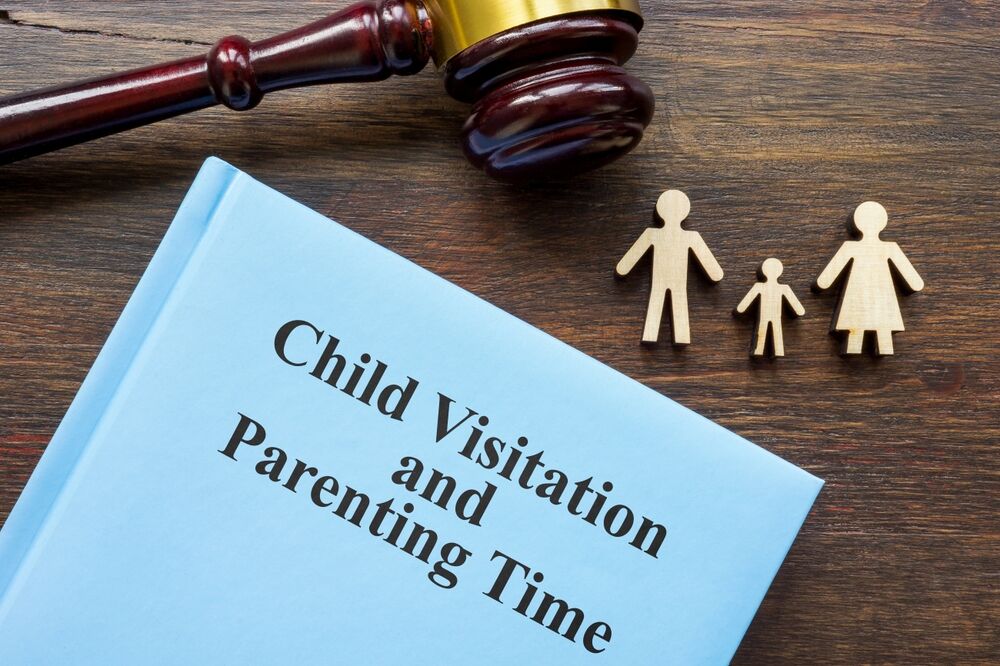Understanding the Tennessee Divorce Process from Start to Finish
Thinking about speaking to a Knoxville divorce attorney about filing for divorce in Tennessee? We understand the process can seem daunting, which is why we want to share a little insight into the Tennessee divorce process from start to finish:
How to Start the Divorce Process
 Before you actually begin the process of divorce in Tennessee, there are several things to do before filing for divorce, such as gathering financial information and understanding state requirements. You’ll also need to be aware of the grounds for divorce and residency requirements. In Tennessee, you must be a legal resident of the state for at least 6 months before filing.
Before you actually begin the process of divorce in Tennessee, there are several things to do before filing for divorce, such as gathering financial information and understanding state requirements. You’ll also need to be aware of the grounds for divorce and residency requirements. In Tennessee, you must be a legal resident of the state for at least 6 months before filing.
Overview of the Tennessee Divorce Process
Here’s what a Tennessee divorce timeline will generally look like:
1. Filing and Serving the Complaint
If a divorce is mutually agreed upon, you can fill out and file the divorce paperwork together, including the Divorce Complaint, Marital Dissolution Agreement, and Agreed Permanent Parenting Plan. Otherwise, one spouse will need to start the divorce process by filing and officially serving the Complaint.
2. Response and Counter Complaints
The other party has 30 days to file a response, called a Counter Complaint, which will either deny or agree with the information in the Complaint for Divorce.
3. Settlement and Discovery
There are two types of divorces–contested and uncontested. If a divorce is mutual, meaning it is uncontested, you can immediately enter the settlement phase and begin to negotiate terms. However, if one party doesn’t agree to the terms, the contested divorce will go to trial.
4. Mediation and Parenting Class
 One of the biggest myths about family law attorneys is that mediation is a waste of time, when statistics show that mediators help settle disputes and avoid going to trial. In fact, Tennessee law requires mediation in most divorce cases, especially regarding child custody and parenting plans. Additionally, parents filing for divorce in Tennessee are required to take a Parent Education Seminar, which is typically around 4 hours of classroom time.
One of the biggest myths about family law attorneys is that mediation is a waste of time, when statistics show that mediators help settle disputes and avoid going to trial. In fact, Tennessee law requires mediation in most divorce cases, especially regarding child custody and parenting plans. Additionally, parents filing for divorce in Tennessee are required to take a Parent Education Seminar, which is typically around 4 hours of classroom time.
5. Trial (If Necessary)
Contested divorces that cannot be settled out of court must go to trial, which can prolong the divorce process in Tennessee by weeks or even months. Preparing for the trial itself takes the longest, from interviewing witnesses to making opening and closing statements, cross-examination questions, and more. Depending on the case, the Judge may hold separate trials for child custody, alimony, or property division.
6. Waiting Periods & Finalizing the Divorce
The waiting period for a divorce starts from the date the Complaint of Divorce is filed. The waiting period for couples petitioning a no-fault divorce without children under the age of 18 is 60 days. All other divorce cases have a 90-day waiting period. Once the waiting period has passed and either a settlement has been reached or a judge has made a decision in court, the Final Decree of Divorce officially ends the marriage.
7. Post Divorce
Once the Final Decree of Divorce is issued, there may be additional paperwork and transactions to complete, such as transferring ownership of property and changing beneficiaries of retirement accounts or life insurance policies.
Need Legal Advice? Contact our Divorce Lawyers in Knoxville TN
If you’re ready to begin the Tennessee divorce process or simply have questions, our attorneys are here to help. Each divorce case takes special care and attention to detail, and our goal is to make the process as straightforward as possible. Schedule a free consultation with our Knoxville divorce lawyers to learn more!








